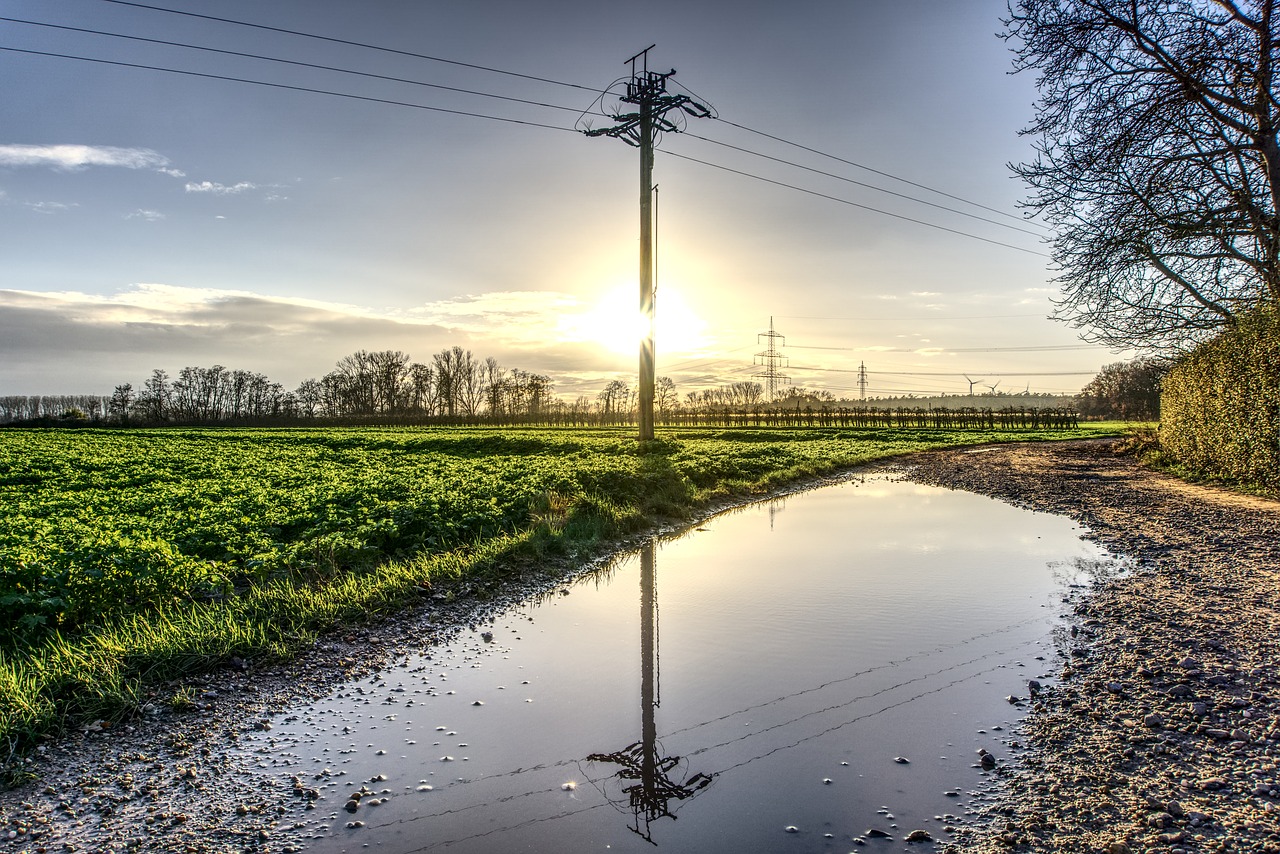

News
News from the energy sector
Energy law is an interdisciplinary subject that has intersections with general commercial law, company law, administrative law, construction law, public procurement law and energy tax law, among others.


Transparency in the award of concessions

Concretisation into a citizen energy company in the EEG 2017

Verification by the environmental verifier for the modernization of hydropower plants

Conflict of interests in the awarding of contracts
